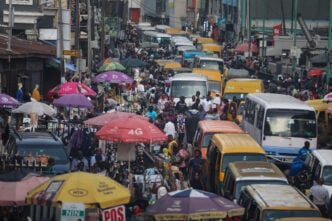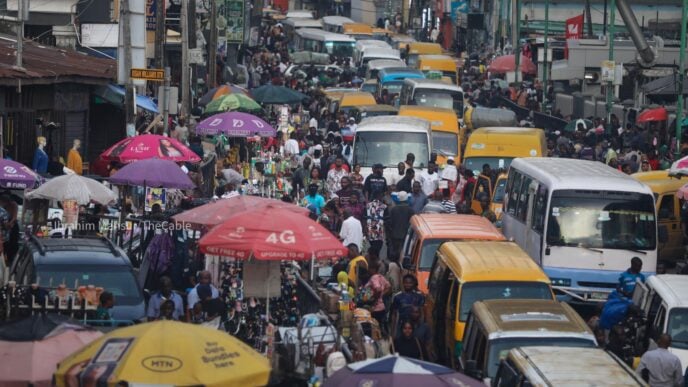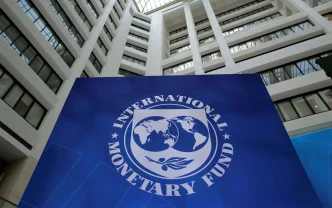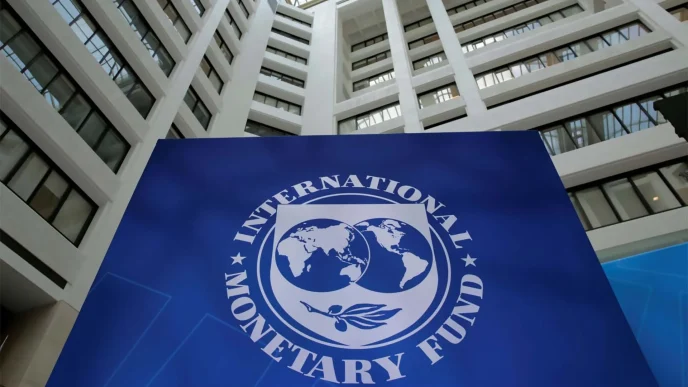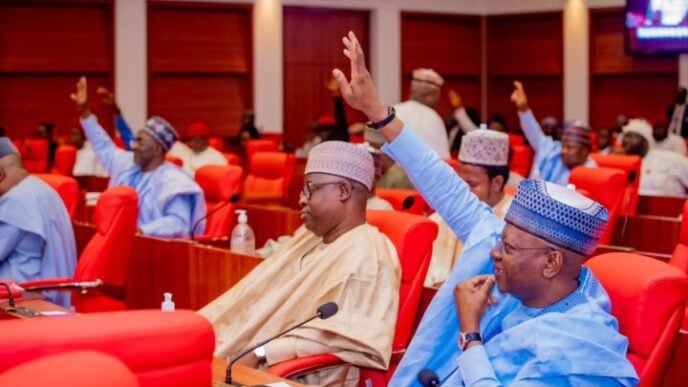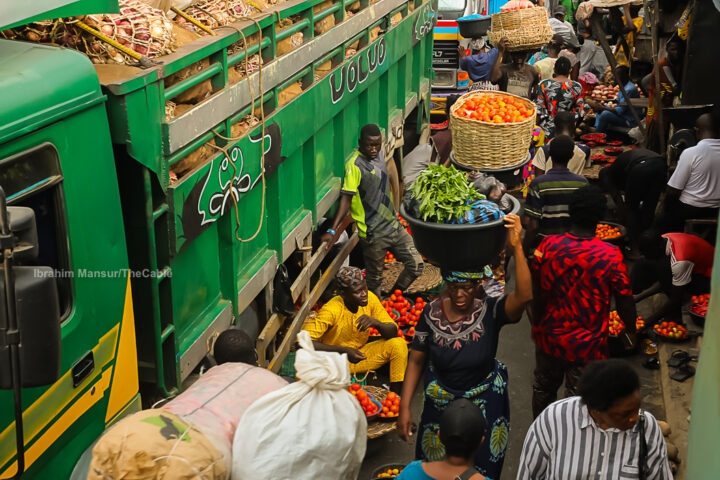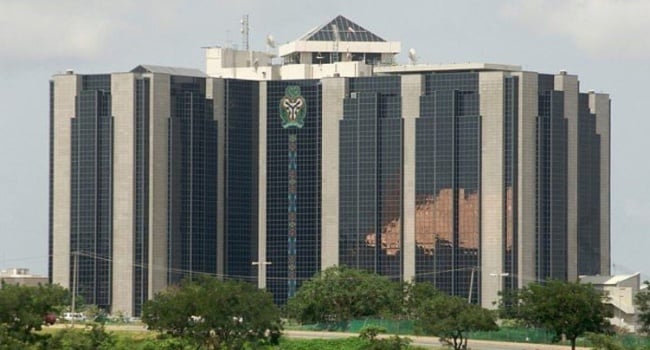
Sanyade Okoli, special adviser to the president on finance and the economy, says Nigeria plans to issue eurobonds of up to $2.3 billion in its refinancing drive.
Okoli spoke on Wednesday during an investors forum on the sidelines of the annual meetings of the International Monetary Fund/World Bank in Washington DC.
On October 7, President Bola Tinubu asked the national assembly to approve a plan to borrow $2.35 billion in external capital to finance part of the 2025 budget deficit and refinance Nigeria’s maturing eurobonds.
Advertisement
Prior to the request, Wale Edun, minister of finance, had in November 2024, said approximately $1.7 billion was expected from a eurobond offer and $500 million from a sukuk financing to strengthen the country’s finances and support economic reforms.
In December 2024, the Debt Management Office (DMO) disclosed that Nigeria raised $2.2 billion in through its eurobonds auction.
Speaking on the federal government’s latest borrowing plan, Okoli said one of the reasons for holding the session was to engage investors “before we go to [the] market”.
Advertisement
“For the 2025 fiscal year, our domestic borrowing programme is almost complete, with all securities fully subscribed. We’re grateful for investors’ confidence in the Nigerian story,” she said.
“Looking ahead, we expect to approach the international capital market later this year — subject to market conditions and transaction adviser guidance.
“We plan to issue Eurobonds of up to about $2.3 billion, which will also help refinance the $1.18 billion Eurobond maturing in November.”
Okoli added that the country will continue engaging investors to ensure the structure “works well for both sides in terms of pricing and liability management”.
Advertisement
Also speaking, Mohammed Sani Abdullahi, the deputy governor for economic policy at the Central Bank of Nigeria (CBN), said the last monetary policy committee decision was based on data indicating a significant inflow of public sector liquidity into the banking system.
“The MPC decided to impose a 75% Cash Reserve Ratio (CRR) on public sector, non-TSA deposits,” he said
“That policy tool has helped us absorb much of the excess liquidity, which is why you might not be seeing frequent OMOs — we now have a more targeted approach.
“This has contributed significantly to our control of money supply growth and inflation.”
Advertisement
On the capital gains tax issue, Sani said that discussions with fiscal authorities are in advanced stages, noting that an announcement will be made soon once conclusions are reached.
Advertisement

